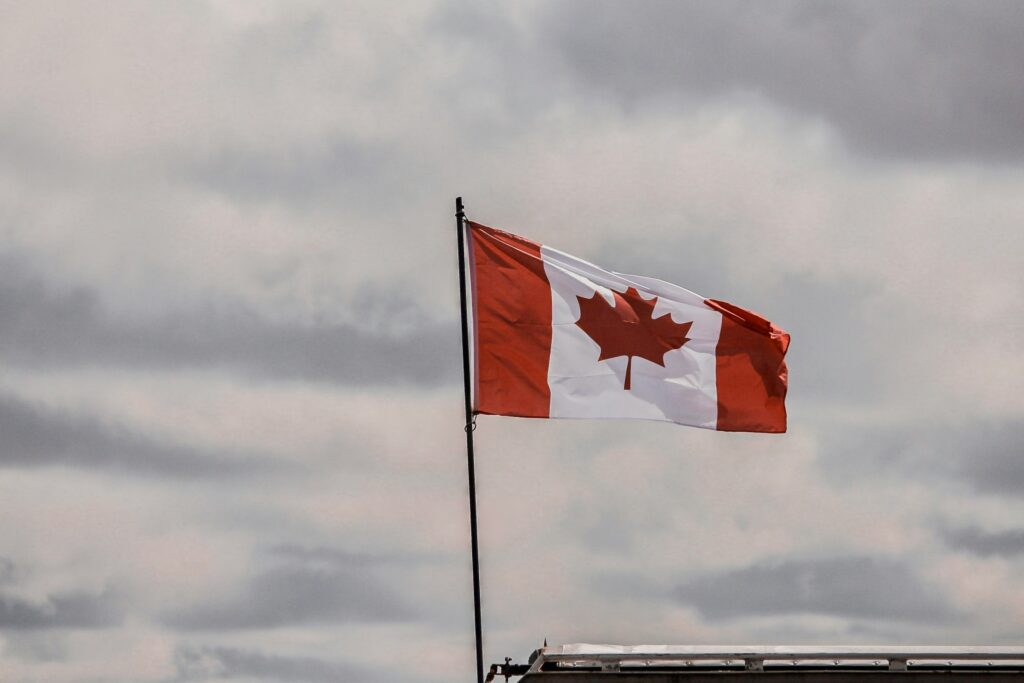Ottawa will remove select retaliatory duties while keeping tariffs on cars, steel, and aluminium.
Prime Minister Mark Carney announced Friday that Canada will roll back part of its trade retaliation against the United States. While duties on vehicles, steel, and aluminium will remain, other levies on American goods will be lifted starting September 1.
Decision follows missed trade deadline
The move comes after Carney’s first phone call with President Donald Trump since both countries failed to meet their self-imposed deadline for a new trade agreement. Previously, Canada had imposed a 25% tariff on around C$30bn (£16bn; $21.7bn) in US goods, covering items such as orange juice and washing machines. These measures were in response to American tariffs of 35% on imports not covered under the existing free trade deal.
Carney said Canada will now align with the US by removing tariffs on goods compliant with the US-Mexico-Canada Agreement (USMCA), which he said would restore free trade for most cross-border products.
The White House welcomed the move in a statement to CBS, calling it “long overdue” and saying it looked forward to further discussions on trade and national security. Trump later told reporters that he and Carney would speak again soon.
Domestic criticism and political debate
While many Canadians support retaliatory tariffs, opposition leaders criticized the decision. Conservative leader Pierre Poilievre accused Carney of abandoning his “elbows up” approach to negotiations, calling it another retreat.
Carney defended the policy, pointing out that under USMCA, Canadian goods face an effective tariff rate of about 5.6%, much lower than the global average of around 16%. He emphasized the importance of preserving this advantage for Canadian workers and businesses.
Since January, Trump has implemented or raised tariffs on goods from around the world and has threatened further increases to secure trade deals favorable to the US. US ambassador to Canada Pete Hoekstra warned that maintaining Canada’s counter-tariffs risked undermining negotiations, and criticized Canadian politicians for attacking Trump personally rather than focusing on policy.
Focus shifts to key industries
Carney said talks will now concentrate on autos, steel, aluminium, lumber, and other critical sectors ahead of next year’s USMCA review.
The US currently applies a 50% tariff on steel and aluminium imports—excluding the UK—along with duties on copper and automobiles. Canada’s 25% tariffs on American metals and vehicles will remain in place for now.
Economists have warned that US tariffs on steel and aluminium are highly disruptive for Canada, which is a major supplier. Companies have already reported contract cancellations and production cuts. The auto industry is also vulnerable, as vehicles cross the borders of the US, Canada, and Mexico multiple times during assembly. Ontario, the heart of Canada’s auto sector, has lost 38,000 jobs in the past three months, most of them in manufacturing.



